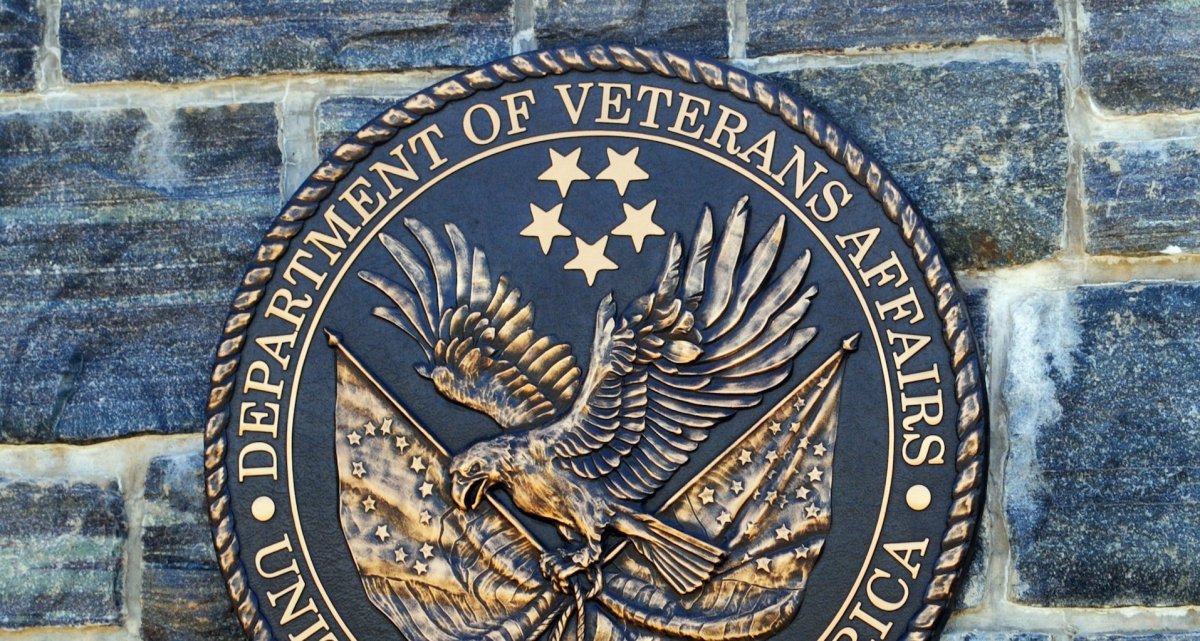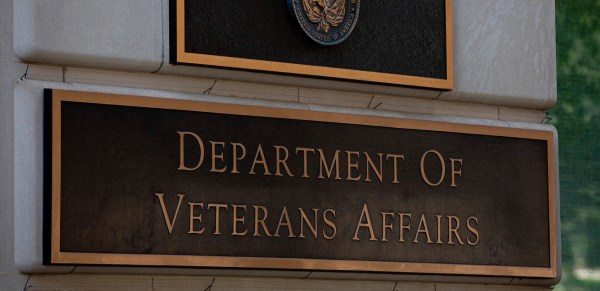Senate Budget Committee also has some questions about those VA software issues

The Department of Veterans Affairs is now facing tough questions from the Senate Budget Committee about a software glitch that’s causing delays in GI Bill benefits payments.
Chairman Mike Enzi, R-Wyo., sent a letter to VA Secretary Robert Wilkie on Friday in which he demands answers to questions on how much money the VA has spent to fix the IT issue and when the problem will, finally, be solved.
“What is the current status of the IT upgrades?” Enzi demands, in question number three of seven. “Will these systems be upgraded in time for the spring semester? If not, when does the VA expect to fully implement these changes? How much does the VA estimate it will need to spend to complete its IT upgrade?”
Members of the House Veterans’ Affairs Committee tried to get answers to similar questions in a hearing on Thursday and were met with reticence from VA leadership.
“What I would challenge all of us to do … is to come up with specific deliverables so that every person in attendance and watching and the press who are writing about this leave with a very crystal clear understanding of when this will be fixed, how it will be fixed and the mechanisms by which we can hold one another accountable,” ranking member Rep. Beto O’Rourke, D-Texas, said in his opening remarks.
“You will not leave this meeting with a date [for completion of the system],” Paul R. Lawrence, undersecretary for benefits at the Veterans Benefit Administration, said in reply.
Reported IT “issues” arose from the Harry W. Colmery Veterans Educational Assistance Act, or Forever GI Bill, which was signed into law by President Donald Trump in August 2017. Two sections of the law, which extends or expands many benefits, change the way the VA pays a monthly housing stipend. Previously the stipend was based on the ZIP code where the veteran lived — now it’s based on the ZIP code where he or she goes to school.
This change required that the VA build a new piece of software, but development and deployment hasn’t exactly gone smoothly.
Enzi also requests a detailed breakdown of all the money that’s been spent to address the issue, specifics on the contract that VA has with Booz Allen Hamilton for development of the new software system, a description of the agency’s strategy for communicating with affected veterans and more. The letter sets a Nov. 30 due date for any agency response.
“Our veterans deserve better,” Enzi writes.






